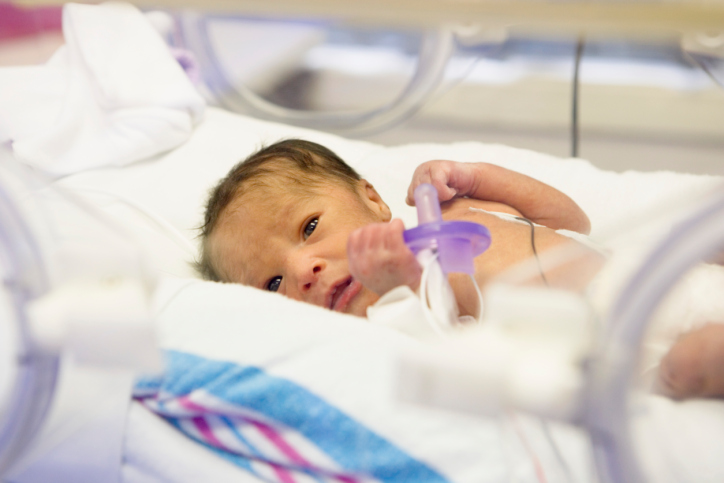 According to the CDC, 450,000 babies (1 in 9) were born prematurely in 2012. Premature birth continues to be a serious public health problem, accounting for 35% of infant deaths and contributing to a variety of developmental delays and health challenges.
According to the CDC, 450,000 babies (1 in 9) were born prematurely in 2012. Premature birth continues to be a serious public health problem, accounting for 35% of infant deaths and contributing to a variety of developmental delays and health challenges.
Early birth may cause very premature babies—those born prior to 32 weeks gestation—and babies with a birth weight of less than 1500 grams (a little over three pounds), to experience long-term difficulties with employment and relationships. A study published in Archives of Disease in Childhood suggests that very preterm babies are more likely to be introverted and experience anxiety.
How Premature Birth Affects Personality
Doctors have long known that prematurity decreases the likelihood of survival and can lead to health issues. Previous research also suggests that babies born prematurely or with a very low birth weight are more likely to be on the autism spectrum.
To explore how prematurity might affect other traits, researchers studied 200 26-year-olds born prior to 32 weeks gestation or who had weighed less than 1500 grams at birth. These participants, who had been part of the earlier Bavarian Longitudinal Study, were compared to 197 other young adults who were born at or near term and within the normal weight range, in the same maternity units as the preterm babies.Researchers assessed the participants’ personalities across five dimensions: introversion, openness to new experiences, agreeableness, conscientiousness, and neuroticism (a measure of tenseness and anxiety). They found that participants with a low birth weight or who were born premature were more anxious and introverted but were also more agreeable.
Early Experiences and Adult Success
Scientists have already established a correlation between premature birth and difficulties later in life. For example, adults who were born prematurely have been shown to be less likely to secure well-paid jobs or pursue higher education. They are also more likely to experience difficulties making friends and establishing romantic relationships. The finding that premature birth affects personality may help explain these later challenges.
Though the study did not explore why or how prematurity has an effect on personality, the study’s authors suggest that premature children may often have early life experiences that differ from those of babies born full term. Premature babies may spend time in a neonatal intensive care unit, face intrusive medical procedures, or live with parents who are overprotective.
According to the CDC, a woman can reduce her risk of giving birth prematurely by:
- Giving up smoking.
- Avoiding drugs and alcohol.
- Seeking prenatal medical care.
- Notifying their doctors of any pregnancy complications or symptoms of preterm labor.
References:
- Preterm birth. (2014, December 23). Retrieved from http://www.cdc.gov/reproductivehealth/maternalinfanthealth/pretermbirth.htm
- Very early birth linked to introversion, neuroticism, risk aversion in adulthood. (2015, July 27). Retrieved from http://www.sciencedaily.com/releases/2015/07/150727220204.htm

The preceding article was solely written by the author named above. Any views and opinions expressed are not necessarily shared by GoodTherapy.org. Questions or concerns about the preceding article can be directed to the author or posted as a comment below.

 Should You Freeze Your Eggs for a Future Baby?
Should You Freeze Your Eggs for a Future Baby? Parenting: Understanding Your Child’s Nature
Parenting: Understanding Your Child’s Nature Supporting Mental Health During Bed Rest While Pregnant
Supporting Mental Health During Bed Rest While Pregnant

